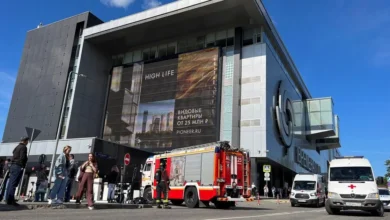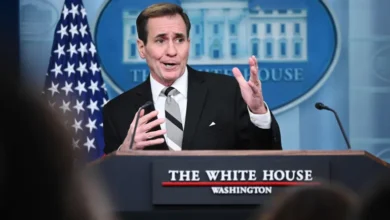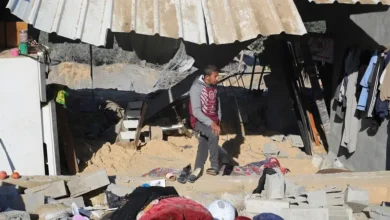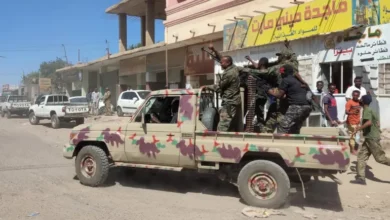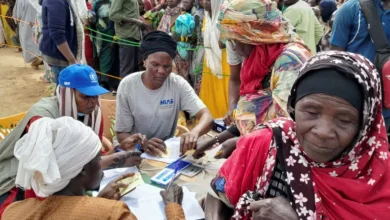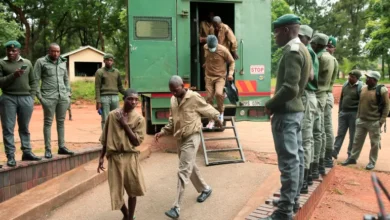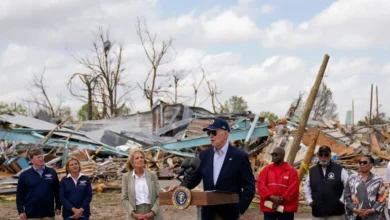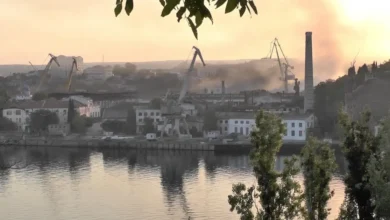Heavy gunfire echoes around Sudan’s Khartoum despite ceasefire declarations
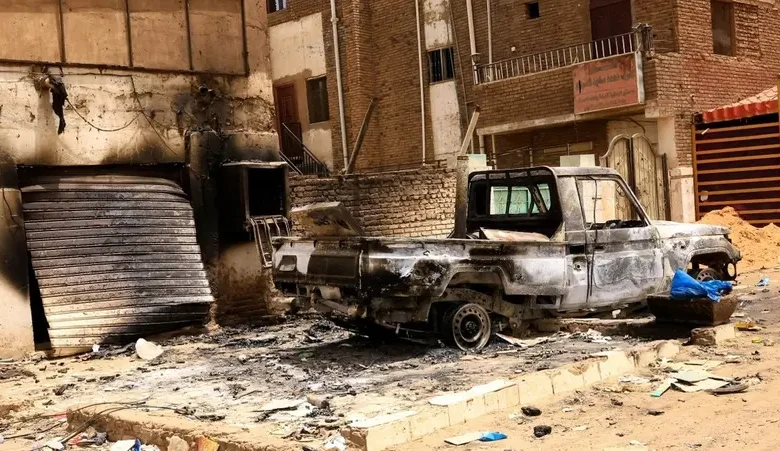
Heavy gunfire echoed around Khartoum again on Friday as civilians trapped in the Sudanese capital said the army and rival paramilitary forces were fighting on and ignoring their plight.
“It’s been four days without electricity and our situation is difficult… We are the victims of a war that we aren’t a part of. No one cares about the citizen,” said 48-year-old Othman Hassan from the southern outskirts of Khartoum.
Despite multiple ceasefire declarations, the army and the paramilitary Rapid Support Forces (RSF) appeared to be battling each other for control of territory in the capital ahead of proposed talks.
So far, the leaders of both factions have shown little public willingness to negotiate after more than two weeks of fighting. Intense gunfire also rang out in Khartoum’s adjoining city of Bahri as planes flew overhead, a witness told Reuters.
The sudden collapse into warfare has killed hundreds, triggered a humanitarian disaster, sent an exodus of refugees to neighboring states and risks dragging in outside powers, further destabilizing an already restive region.
Across swathes of Khartoum, factories, banks and shops have been looted or damaged, power and water supplies have been failing and residents have reported steep price rises and shortages of basic goods.
“Sudan’s warring armies are showing reckless disregard for civilian lives by using inaccurate weapons in populated urban areas,” Human Rights Watch Sudan researcher Mohamed Osman said in a report documenting damage to hospitals and water treatment plants caused by fighting.
The Sudanese Doctors Union said one of the country’s main maternity hospitals, Aldayat in the adjoining city of Omdurman, had been looted and occupied by forces on Thursday.
In total, it says 17 hospitals had been damaged by fighting and 20 forcibly evacuated since the start of the violence. Sixty of the 88 hospitals in Khartoum are out of service, it said, with many of the rest only offering partial service.
The fighting stems from tensions between two rival factions, the army and RSF, which had shared power after a coup in 2021.
The conflict has derailed an internationally-backed plan to usher in democracy and civilian rule after a 2019 popular uprising that unseated President Omar al-Bashir.

